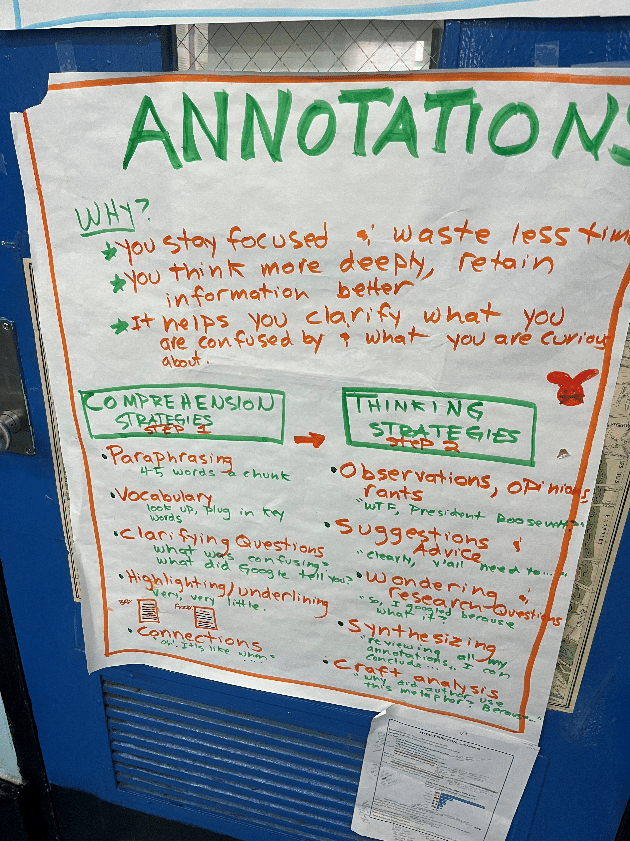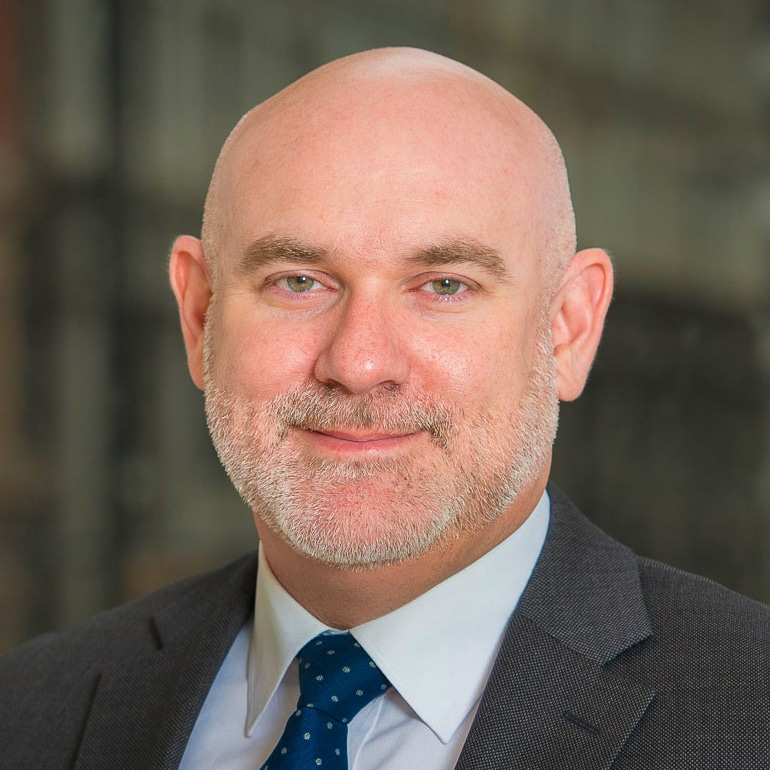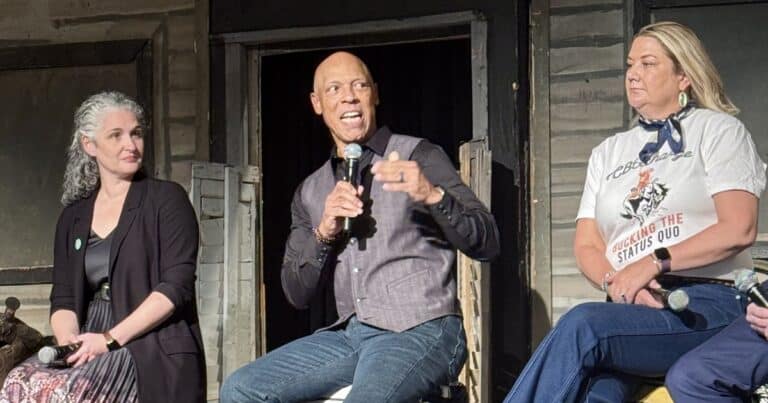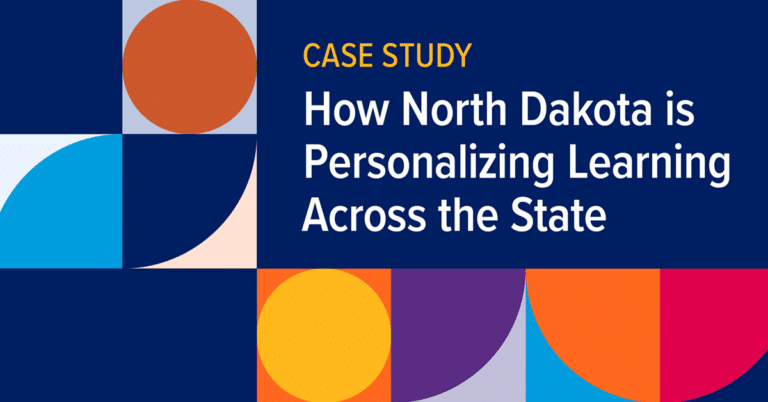When I visited the School of the Future (SOF) in the heart of New York City, I was impressed by their philosophy around promoting critical thinking through deep inquiry and rigorous academics in a caring environment.
SOF’s vision is to help each student determine and reach their individual potential through deep, collaborative engagement with content and their community. They seek to have their students graduate with the ability to define success in a way that challenges traditional assumptions to create meaningful lives.
One of the areas that stood out to me was SOF’s use of competency-based exhibitions. These exhibitions serve as an authentic assessment of knowledge in a particular content area – but also a student’s ability to think and communicate deeply about what they’ve learned. All rubrics for the exhibitions are available to students and families, making the process rigorous and transparent.
I had the opportunity to talk with students about the exhibitions, both the ones in progress and the final, polished products. Their demonstration of knowledge and skills were deep, and, most importantly, lasting, transferable and fully owned by the learner. This was not a case of skimming through academic content at the lower levels of Bloom’s taxonomy, but a keen control of analysis, synthesis and evolution through a creative process.
SOF partners with the Competency Collaborative, formerly the Mastery Collaborative, a program of NYC Department of Education’s Office of Teacher Development focused on transforming academics, school culture, grading, planning and preparation through competency-based education.
Learn more about the Competency Collaborative »
SOF is also focused on grading for equity. While in a traditional system there are more ways for students to fail than to succeed, at SOF, grading for equity allows for students to build proficiency toward full competency (understanding and application) of a concept or idea. It helps them to develop versus failing without learning and recovery.
Further, SOF has taken behavior out of the grade book by eliminating zeros. Zeros are the biggest killers of grades and motivation which are directly linked to behavior. SOF focuses only on academic development and do not penalize students for behaviors that can get in the way of learning (late/missing assignments, tardiness, etc.). The behaviors are addressed and done so separately from academics. This allows for a more refined focus on academic rigor and development that isn’t clouded by behavioral issues or external factors.
This is a very similar system to what I saw in action in Santa Cruz Valley, Arizona, in Rio Rico High School. These communities could not be more different – one in the heart of New York City and the other in Arizona on the border with Mexico – and yet, the feel was very similar. Both have the belief that all children can learn at high levels and should be pushed to do so. Educators were helping students grow and deepen and own their learning. Each learning community was focusing on preparing students for an uncertain future, developing the whole child, fostering individuals to reach their full potential and ensuring student ownership.
How standards-based grading Is empowering Arizona students to own their education: Read Now »
SOF fosters productive struggle in their students, cultivating higher order thinking skills and learning independence – the bedrock of productive, life-long learning. You see this process in place in simple, yet profound breakdowns of comprehensive and thinking strategies, helping students both understand the strategies and implement them while being engaged in their work, whether independently or cooperatively.
And all of this is being implemented and improved upon in deep partnership with students, families and communities to ensure that local context guides the work and local assets are leveraged to create greater ownership and long-term sustainability.
Want more stories like this?
Sign up for our weekly email newsletter.







